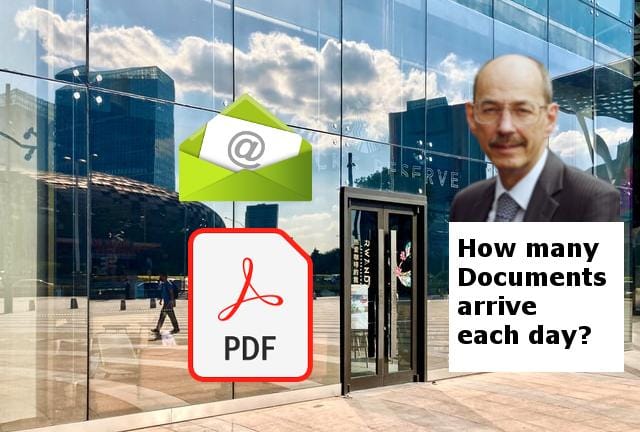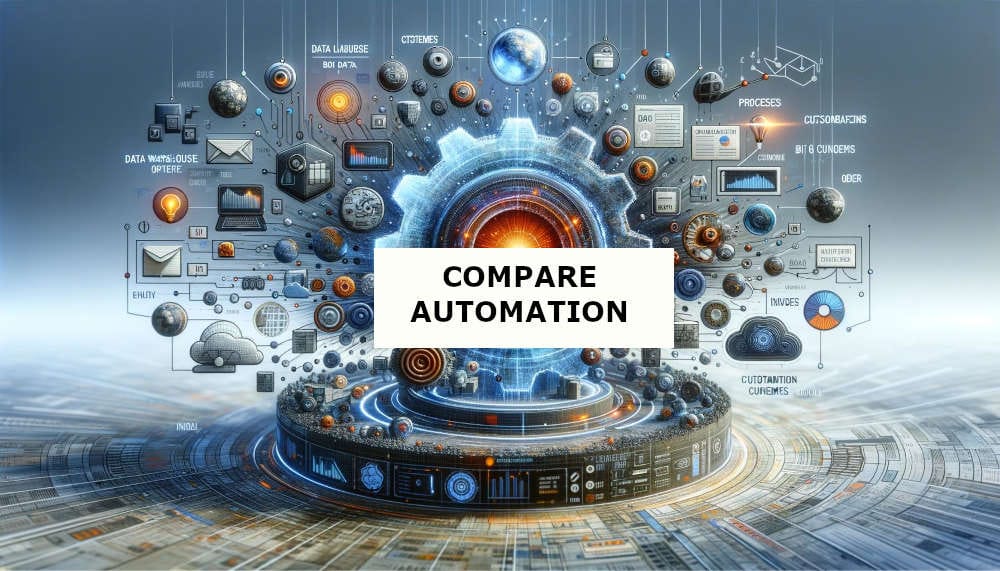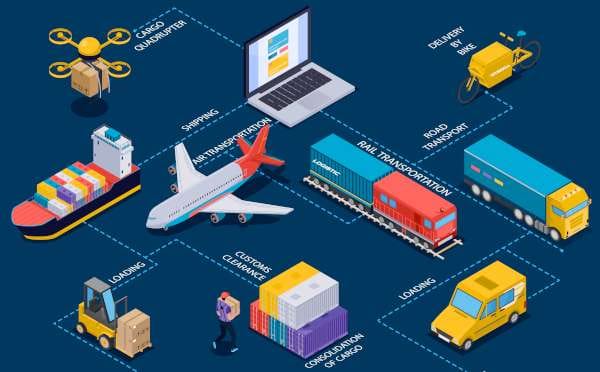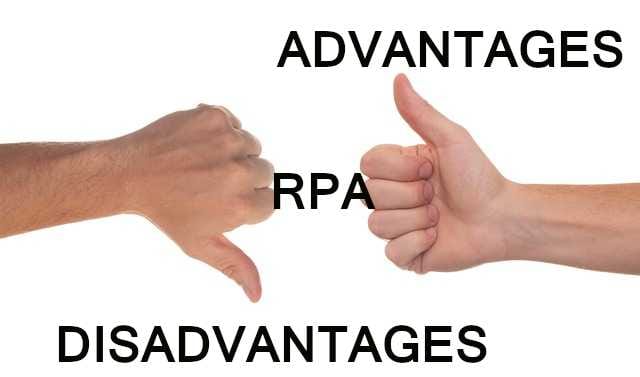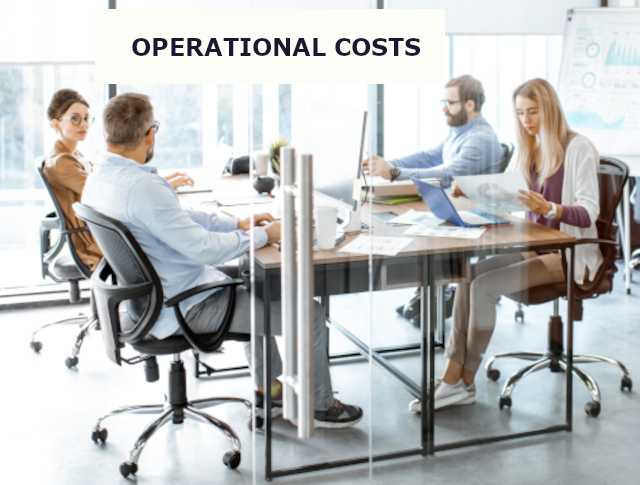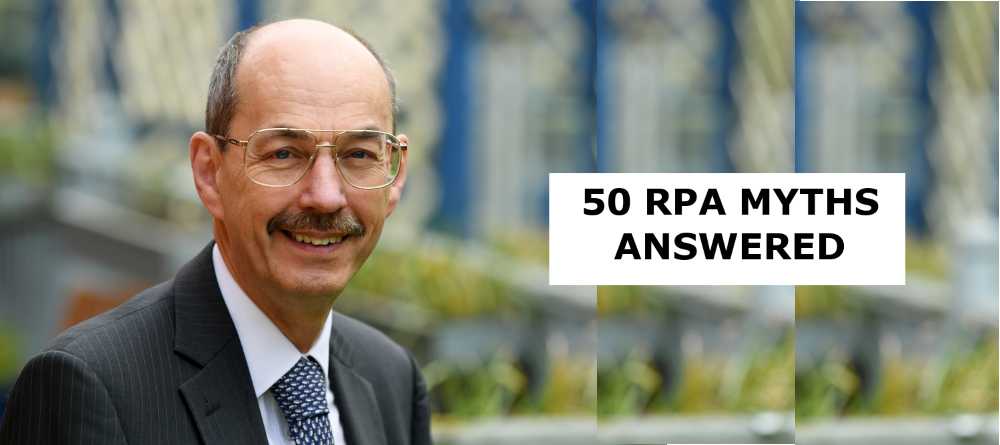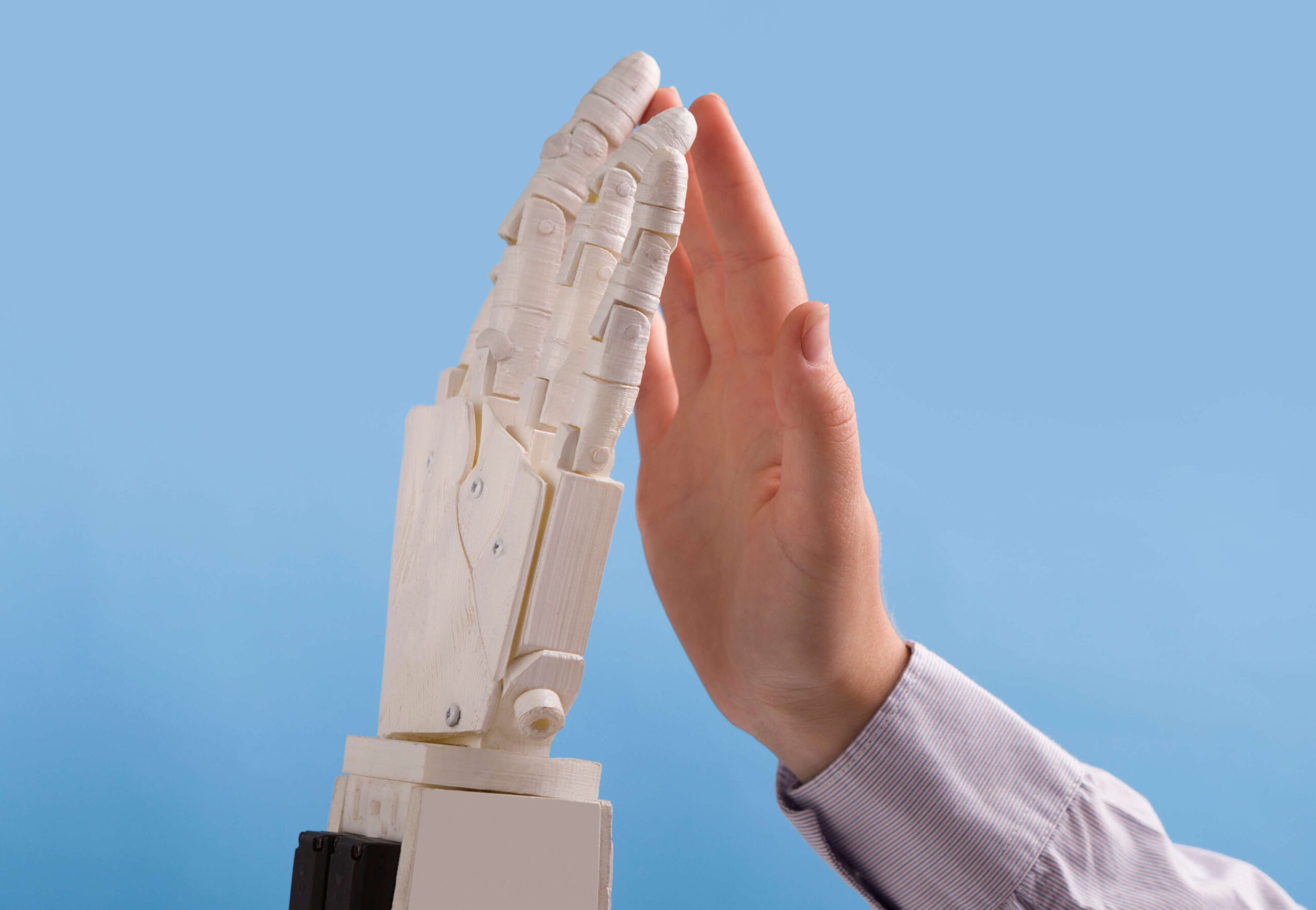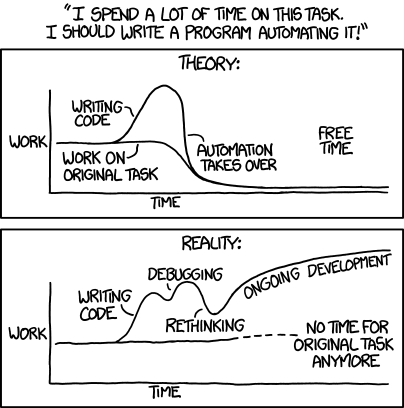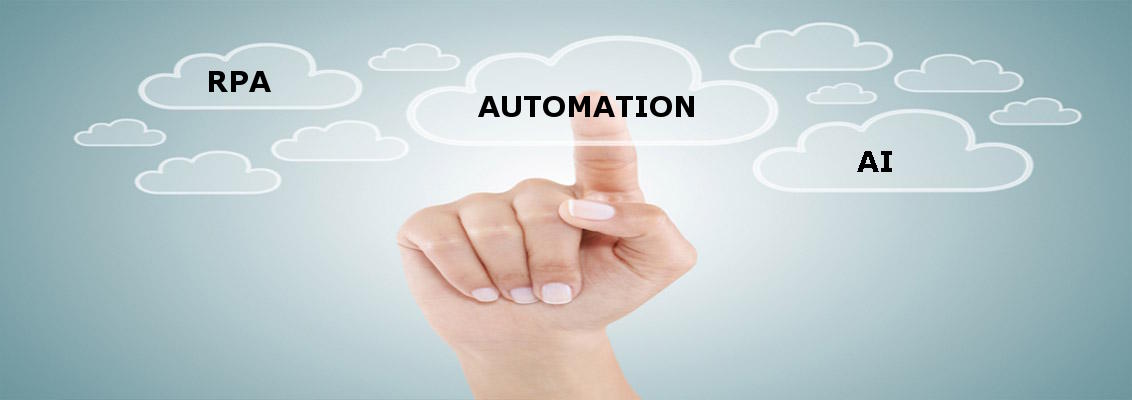
Does Automation need RPA and AI?
As an IT Director, CIO, IT Manager, you are likely to be considering “Automation” to improve the business. The questions are how to achieve the automation and what is involved?
It seems like with so many articles in the media referencing Artificial Intelligence (AI), to the extent that every Board director is at least aware of the term, taking on AI must be easy. That is a myth, using AI is not easy if it is “Real” AI and not something exploiting the AI hype which might be easy.
As organisations are already operating business processes, automation is about delivering improvements as it is a core assumption that the business processes are required and integral to the business.
The activities will be generating quantities of data that is passed through the computer systems. With this data as an asset, it is possible to deploy AI to analyse the data and potentially discover something useful.
HOW WOULD AI PERFORM SUCH AN ANALYSIS?
AI performs analysis on data by looking for patterns and exceptions. Effectively it performs statistical checks on the data, repeatedly varying the conditions and reports the results. The AI is not doing any “Magic”, it is applying algorithms. Interpreting the results it produces requires human knowledge to “Decode” the analysis to the business situation. For example, an AI analysis “Discovering” there are “No Sales” on Saturday or Sunday, is not much use if the business does not trade on those days.
An alternative to requesting AI to perform its own “Discovery” activities on the data, is to request it answer some form of question about the data. This might typically be to discover some form of optimisation that could benefit the business. For example, any pattern of “Late Payments” which correlates with a subsequent default.
The introduction of AI into the business with these “Discovery” approaches might lead to the business working better but it does not impact the business processes and deliver any automation.
AI IN THE CONVERSATION?
If AI is able to assist a person performing a business process by providing “Knowledge” at the appropriate point in the process, the person has the opportunity to change processing based on the input from the AI. For a person performing the business process, this could be by the use of a “Chatbot” to conduct a conversation or perhaps in the form of an “Assistant” window presenting the knowledge. With these approaches, the automation is the injection of “Knowledge” into business processes.
RPA DOES WHAT IS SAYS
For business processes that are well structured, operate on defined rules and predictable, the potential to replace human actions to operate computer applications with the use of software robots to perform the reading from a screen, typing on a keyboard and mouse clicks, is real. Simulation of human activity using the existing computer application screen interfaces is clearly a way to deliver automation. Taking the “Robotic” activity out the “Human” activity is the very definition of automation. Robotic Process Automation (RPA) is often the first step in any automation initiative.
IS THERE A NEED FOR RPA AND AI?
The two technologies do different things but can work effectively together. RPA works by following rules, the simpler the better. AI is good with patterns.
Of course AI can be used to examine patterns created by RPA software robot activity but that is in essence the same analysis as could be undertaken if people were performing the business process.
AI can be most effectively used to extend the scope of RPA implementations by providing capabilities such as “Computer Vision”, “Image Recognition”, “Conversational Intent” and “Document understanding”. In these areas it is the statistical pattern analysis that AI can perform, which can guide RPA activity with a high enough probability that it can make a difference to being able to automate business processes with acceptable risk.
The combination of RPA with AI is often required in what can appear to be quite simple business processes. For example, the classic scenario is “Invoice Processing”. The same data needs to be extracted from each invoice and entered into the finance application in order for a supplier to be paid. This initially might be thought of as a obvious use of RPA, the challenge comes from the fact that invoices from different suppliers are structured differently, with different fonts, a variable number of pages, etc. This is where AI’s ability to recognise patterns is able to examine an individual invoice and compare it to its “base Model” of lots of other invoices and determine how it can be interpreted to extract the right information required by an RPA process.
For any organisation looking to improve its business processes, having a combination of RPA and AI tools available, provides the potential for the greatest amount of automation to be achieved.
Please contact us to discuss how automation could help your business – 0845 643 4410


